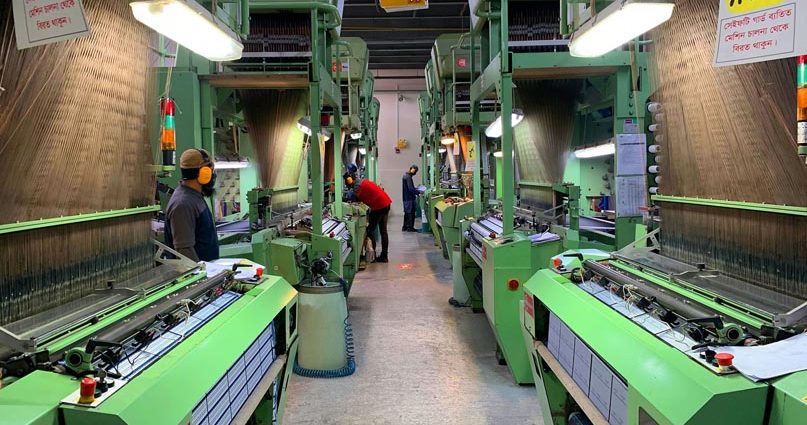Navigating the world of industrial tool manufacturing can feel like walking through a maze. With countless options and varying quality levels, how do you ensure you’re choosing the right tools? Certifications serve as reliable beacons of quality assurance, guiding buyers towards products that meet industry standards. Understanding which certifications matter can streamline your decision-making process and boost confidence in your purchases.
Why Certification?
Certifications are more than just stamps on a product; they represent a commitment to quality, safety, and performance. Here’s why they matter:
- Certifications from recognized organizations build trust. They indicate that a manufacturer adheres to stringent standards, assuring buyers of the product’s reliability.
- Many industries have regulations that require tools to meet specific standards. Certifications help manufacturers comply with these regulations, ensuring their products are safe for use.
- Certified tools are subjected to rigorous testing. This process ensures consistency in performance, which is vital for industrial applications where precision matters.
Key Certifications to Consider
Not all certifications are created equal. Here are some of the most important ones to look for in industrial tool manufacturing:
- ISO 9001
This international standard focuses on quality management systems.
Manufacturers with ISO 9001 certification demonstrate their ability to consistently provide products that meet customer and regulatory requirements.
- ISO 14001
This standard pertains to effective environmental management systems.
For environmentally-conscious consumers, ISO 14001 indicates that a manufacturer takes proactive steps to minimize their environmental impact.
- ANSI (American National Standards Institute)
NSI oversees the development of voluntary consensus standards for products, services, and systems in the U.S.
Tools bearing ANSI certification meet high safety and performance standards, which is crucial for industrial applications.
The Path to Certification
The certification process is rigorous, often involving:
- Initial Assessment: This includes evaluating the quality management system and manufacturing processes.
- Testing: Products undergo testing to ensure they meet specified standards.
- Continuous Monitoring: Once certified, manufacturers must maintain compliance through regular audits and assessments.
This multi-step process ensures that only the best tools make it to market, offering peace of mind to consumers.
Choosing Certified Tools
When selecting industrial tools, consider the following tips:
- Research Manufacturers: Look for manufacturers that prominently display their certifications on product labels or websites.
- Ask Questions: Don’t hesitate to inquire about a tool’s certifications. A reputable manufacturer will be transparent about their compliance with standards.
- Review User Feedback: Customer reviews can provide insight into a tool’s performance and reliability, helping you gauge if it lives up to its certifications.
Conclusion
Understanding which certifications matter in industrial tool manufacturing can significantly enhance your purchasing decisions. By opting for certified products, you’re investing in reliability and consistency, ensuring that your tools will perform effectively in demanding industrial settings.
So, the next time you’re in the market for industrial tools, keep an eye out for those all-important certifications—they’re your guarantee of quality in a crowded marketplace.

